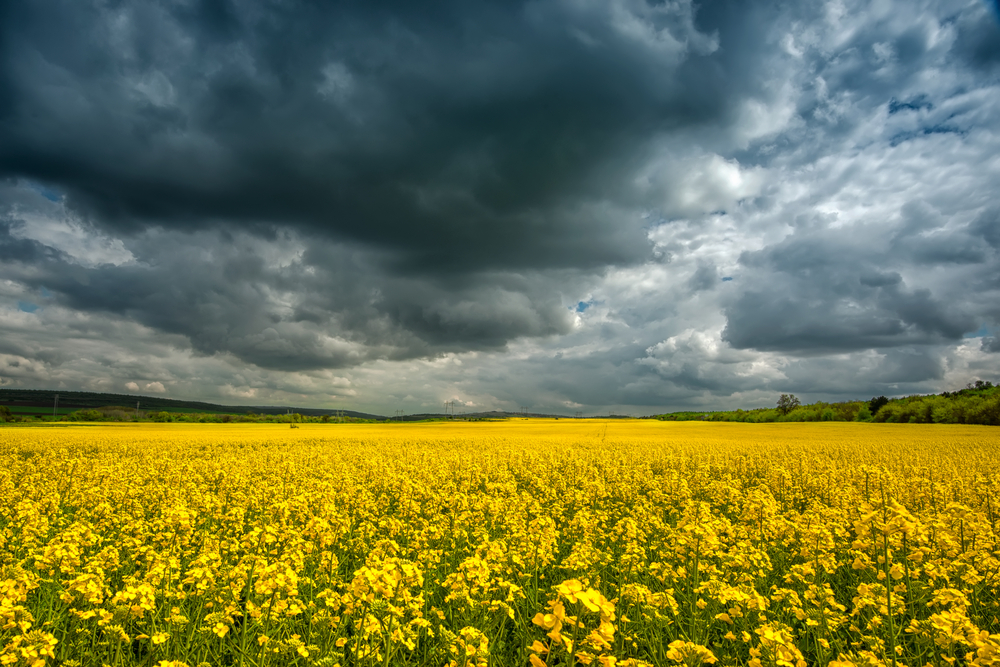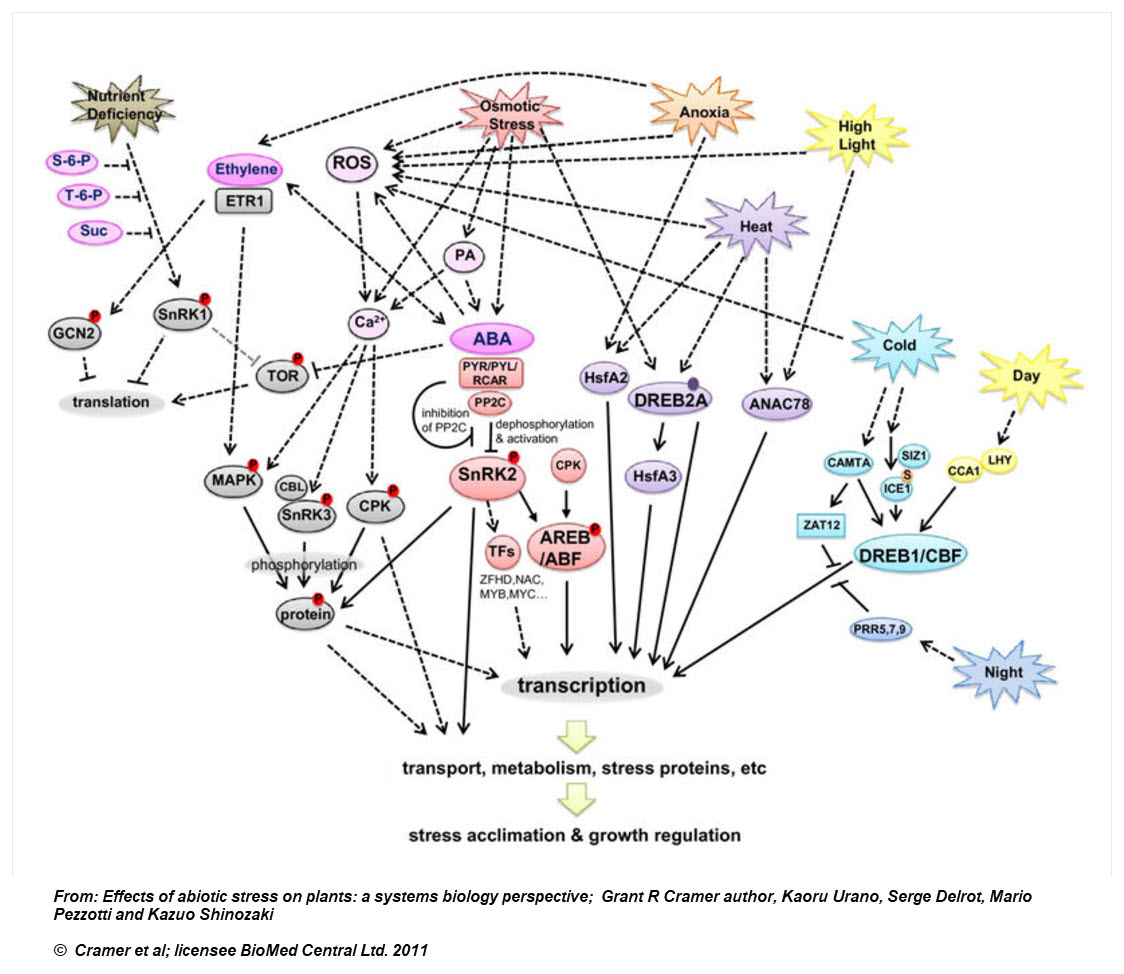
Can Crops Be Protected From Abiotic Stress at the Genetic Level?
Geneticists call the process “transcription.” Here’s how it is helping us overcome environmental challenges previously beyond our control.
Abiotic stress can be described as the negative impact a non-living factor (such as weather) can have on a living organism (such as a plant). If it is severe, abiotic stress can cause physiological damage, and can affect the performance of the entire population.
For growers and their crops, abiotic stress comes in the form of drought, excessive moisture/flooding, extreme heat, frost and high winds and the need to absorb chemistries applied to a field to control surrounding weeds. Or, it may be due to a mineral imbalance: such as high salinity or phosphate deficiency, which creates plant energy.
These common stresses can have a devastating effect on plant health and can significantly impact yield potential.
How plants defend themselves against stress
A plant’s defense system starts at the roots. The bigger, the stronger and thicker the roots, the better able the plant is to withstand environmental stressors.
Plants have other ways of developing resistance against stress. They can achieve this by increasing:
- the accumulation of amino acids and soluble sugars in cells (lowering the osmotic potential),
- cell elasticity in the leaves,
- the waxy layer around roots (suberization), which prevents water loss,
- the concentration of antioxidants,
- enzyme levels
- saturation of fatty acids in membranes at high temperature
How abiotic stress affects plants
Plants respond differently to abiotic stress, depending on the affected tissue or organ.
Drought, flooding and excessive heat all cause plants to increase the production of ethylene. This has a detrimental impact on plants. Elevated ethylene levels lead to membrane leakage and cell disorganization. Ethylene also reduces water uptake. As a result, it halts photosynthesis, and leads to senescence and cell death.
Under certain stresses, plants will start emitting pheromones that attract pathogens and insects. Through this process, plants will change the sugar complex that can be specific to attracting either sucking or chewing insects. This serves as a plant’s self-destruct mechanism
How transcription is helping plants defend against abiotic stress
Plant geneticists are now utilizing transcription to counter the effects of abiotic stress.
Transcription is the process by which the information in a strand of DNA is copied into a new molecule of messenger RNA (mRNA). 1 Transcription is largely responsible for protein synthesis within a cell.
Transcription factors are proteins present in the cytoplasm. They can travel into the nucleus, where they are involved in the process of converting (or transcribing) DNA into RNA. By binding to genes and other proteins, transcription factors can control which genes are turned on (upregulation) or turned off (downregulation). For this reason, transcription factors are responsible for controlling the rate of protein synthesis within the plant.
Through upregulation, transcription technology can increase the production of productive enzymes, amino acids, soluble sugars and antioxidants (listed above) that contribute to a plant’s ability to defend against stress.
On the other side of the equation, downregulation can be triggered to prevent the plant from releasing destructive enzymes, such as ethylene.
Real world, real-crop applications
Transcription technology has moved beyond the laboratory and into the fields. It is being successfully employed to defend against common abiotic stresses in cereals, oilseeds, legumes and other crops – as part of a seed treatment, in crop foliar with herbicide, or delivered on granular fertilizer.
Transcription technology is another example of how science is harnessing the natural processes that exist within plants to give them a competitive edge. And the less stress on the crop… the less stress on the grower.
1 Scitable – by Nature Education (www.nature.com/scitable).
Supplemental Article: Effects of abiotic stress on plants: a systems biology perspective
Grant R Cramer author, Kaoru Urano, Serge Delrot, Mario Pezzotti and Kazuo Shinozaki © Cramer et al; licensee BioMed Central Ltd. 2011


